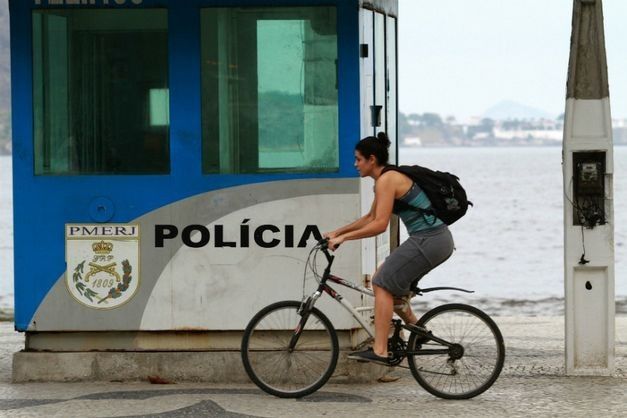So far in 2014, violence and crime have increased across Rio de Janeiro state in Brazil, a dynamic some authorities and media attribute to criminal groups being pushed out of the state capital — a claim worth questioning.
As O Globo reports, data from Rio de Janeiro’s Institute of Public Safety (ISP) shows that homicides, car theft, and robbery have increased across Rio state during the first eight months of 2014, compared to the same period last year.
Homicides increased by 11 percent, with a total of 3,463 murders registered between January and August 2014, while car theft and robbery went up around 31 percent and 41 percent, respectively.
The most significant increase in violence was in the Baixada Fluminense, a region that forms part of Rio de Janeiro’s northern metropolitan area. Murders shot up almost 21 percent there compared to the first eight months of 2013, reaching a total of 1,393 homicides.
Violence also went up in the region outside of Rio de Janeiro’s metropolitan area, known as Rio’s interior. The first eight months of 2014 saw 892 murders registered here, an approximate 19 percent increase from the same period in 2013.
In the state capital, meanwhile, 841 homicides were registered between January and August, a decrease of two percent from 2013.
InSight Crime Analysis
One narrative that has been invoked in Brazil is that crime rates are rising in the areas outside of Rio de Janeiro city, thanks to a successful “pacification” program that has pushed criminal groups out of the city and into the surrounding areas. State gubernatorial candidate Lindberg Farias made such claims in a recent interview, asserting: “There was a migration [of violence] to Baixada, to the North zone, to the West zone.”
SEE ALSO: Coverage of Criminal Migration
But as InSight Crime has previously reported, Brazil’s crime data doesn’t necessarily support this hypothesis. For one, crime has been endemic in the regions outside of Rio for much longer than the pacification program has been in place. Furthermore, in Baixada, only a small percentage of the suspects arrested on drug trafficking charges in 2013 hailed from Rio de Janeiro city, casting doubt on assertions that gangs native to Rio are infiltrating the area.
An alternative theory is that crime is becoming more of an acute problem in regions like Baixada thanks to a lack of police presence. Authorities have tried to address this, sending a reinforcement of some 600 police to Rio’s metropolitan area earlier this month.

